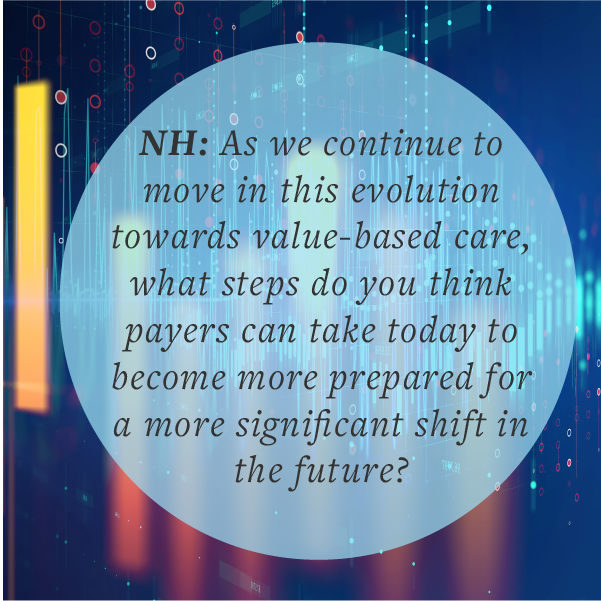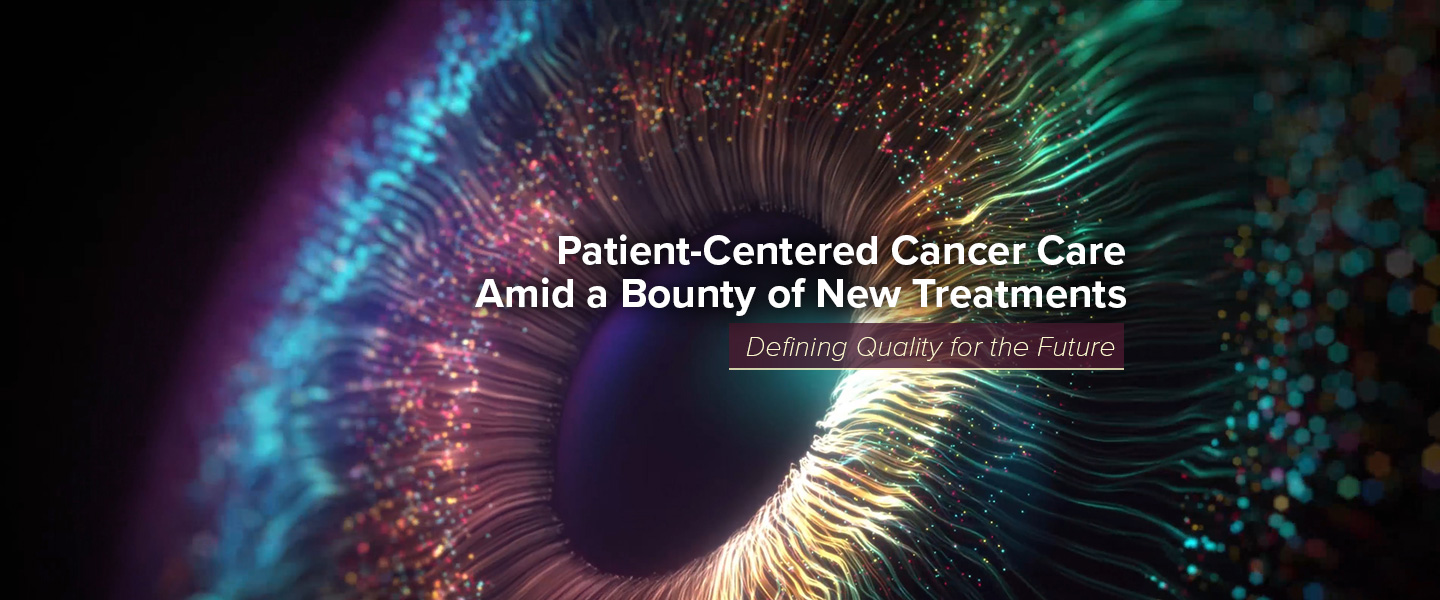In part three of this four-part series from our webinar “The Evolution of Value-Based Care: A Shift to Patient-Centric Care,” we continue our series with NantHealth Chief Medical Officer Dr. Bobby Reddy, where he discusses the tech disrupters and how payers can prepare for the shift to digital healthcare.
NH: As we continue to move in this evolution towards value-based care, what steps do you think payers can take today to become more prepared for a more significant shift in the future?
Dr. Reddy: I think that’s the million-dollar, no, no, no, trillion-dollar question, or multi-trillion-dollar question facing all of healthcare, not just in the US, but globally. We know healthcare is too expensive, but we have to provide it. How do we fix that problem? We know, to your point earlier, we are living in a dynamic and changing environment where we are moving away from brick and mortar retail. So are we moving away then, also, from brick and mortar retail consumer healthcare? Payers have to think about how do we transition to more digital healthcare? How do we transition to more use of these tools that allow us to have maybe less deep, but ongoing interactions with, from a payer’s perspective, a member, and from a provider’s perspective, a patient?
Everyone is carrying their phone, which is essentially acting like their Fitbit, and it can tell you about them, and we can make interventions in real-time. If you have a patient who is at home after chemotherapy and you can monitor and know that they’re not up and moving around, you can intervene before they go out and get a blood clot. You can intervene before they get pneumonia. If you have a patient who has had a recent surgery and you find that they’re in bed all the time, you can intervene. Using technology to solve these problems, we have, have to do that. We have to do that more and have to do that faster. Being able to have physician extenders become part of that process.
Having nurses or other members of a practice be able to reach out. There is a program to do what’s called “triage” to avoid going to the ER. If you have cancer, going to the ER is a really bad thing because you’re just going to sit there and probably get sick from somebody else who’s sick. So if your problem requires an emergency room visit, then, by all means, go to the emergency room. But if it can be handled in some other manner, rather than calling the doctor and it’s after hours, and they say, “if this is an emergency hang up and dial 911,” there is another pathway that patients can go through. If the payer can provide that pathway for them – that’s going to save money for the payer and lead to a better experience for the patient – it’s just going to be better for the system overall. These are all things that we can do today; we have to start integrating them into our workflows.

NH: It sounds like you’re saying early investments in technology are the way to go because we’re probably going to see more and more disrupters like the Amazons and Googles of the world taking an interest in the healthcare space.
Dr. Reddy: Well, we know that, for example, Google Health, Google Life Sciences, Google has a health division, Apple has a health division. We know that Amazon is partnering up with JP Morgan and Warren Buffett to create some type of healthcare. Everybody is in healthcare. And for a reason – because we’re all people. And these companies have a lot of people that make up these companies. We all are going to experience, unfortunately, times where we’re going to get sick. Hopefully, it’s not cancer. But we’re all going to get sick of something at some point, so healthcare is very important. We take it for granted until we’re sick, and then we realize how important it is.
Yes, the disrupters are coming, but I think they need to come. Healthcare has been relatively conservative by its nature, we’re a very conservative group. Physicians are very conservative. We are not going to be the first people to try something because we’ve got a responsibility to protect our patients, to make sure that what we’re doing is safe. But we need that disruption because technology now is at a unique place that can allow us to do things that we couldn’t have imagined 20 years ago. Being able to that for patients would be extraordinary, and it’s going to change how healthcare looks for the next many generations to come.








